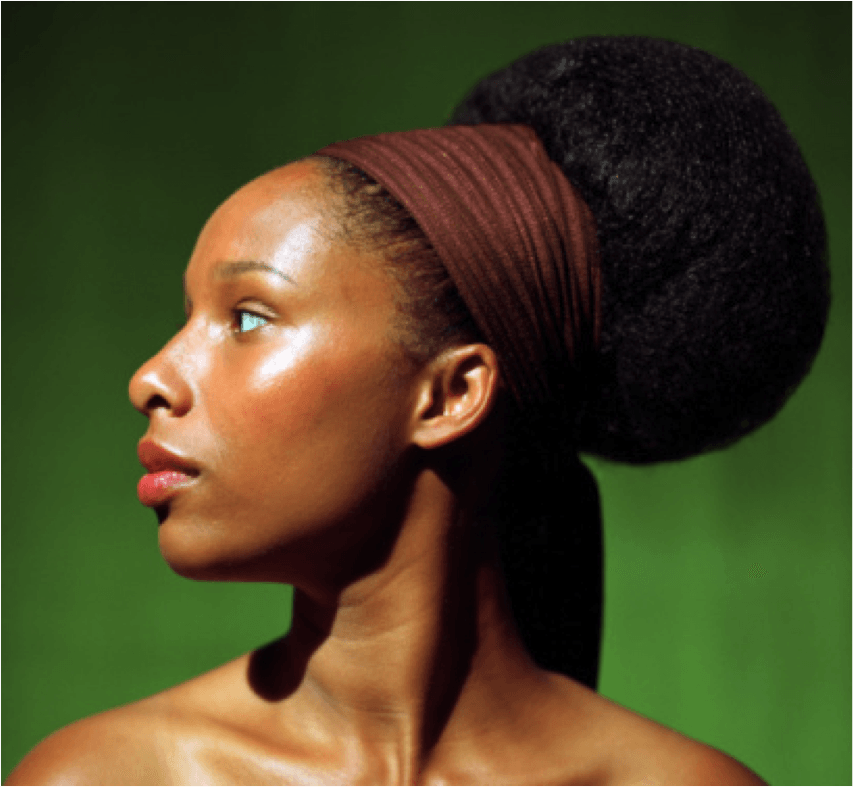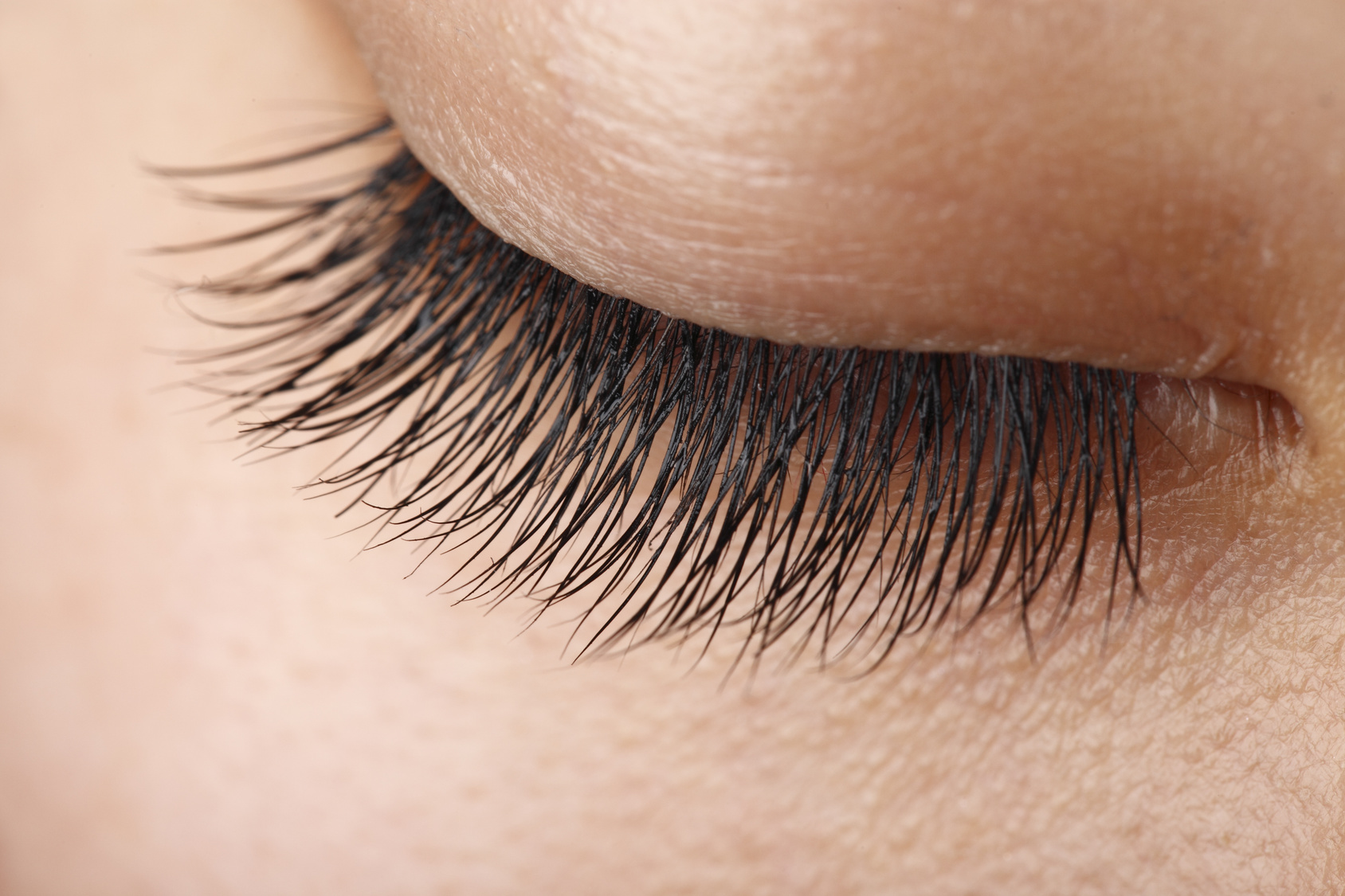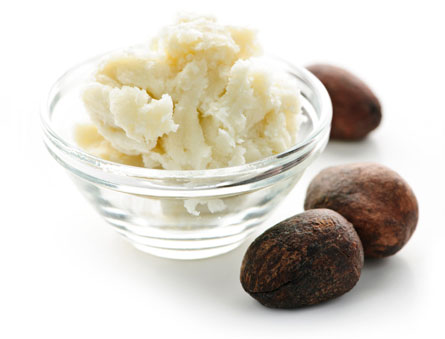There are so many women who have dreams, visions, plans and blueprints on what they want to achieve in their lives. Oftentimes those visions and plans come into fruition and other times those blueprints never lead to the building blocks they envisioned. Why is that? From time women have been taught to hold their tongues, talk themselves out of pursuing lofty goals and succumbing to the pressures of life.
The hidden truth behind why women limit their dreams is because there is this false idea that has been deeply planted in the minds of women that says, “I am not good enough.” For every “I can” there is a young woman somewhere saying, “but.” I am sure that men may experience the same limitations, however, the contexts are different. Women face an unusual amount of pressure to live up to certain expectations and social constructs that are placed upon them. All of these “pressure” points have unintended consequences that hinder a woman from fully creating the life she envisions for herself.
Most importantly, limitations are primarily seen as self-creating. Therefore external factors that cause self-limitation are not given enough attention. Insecurity is not only caused by internal issues, but is also caused by external factors. Young women need to be able to identify areas in their lives that chip away at their self-confidence. People, culture, familial expectations, and environments can serve as a big contributor to the lack of self-confidence. Self-imposed limitations compounded with external factors make it more difficult for women to pursue their dreams. The only way to move forward is by understanding that what you don’t allow to continue has no power in influencing your life.
Credit: Yetunde A. Odugbesan Omede
Guardian Woman
















